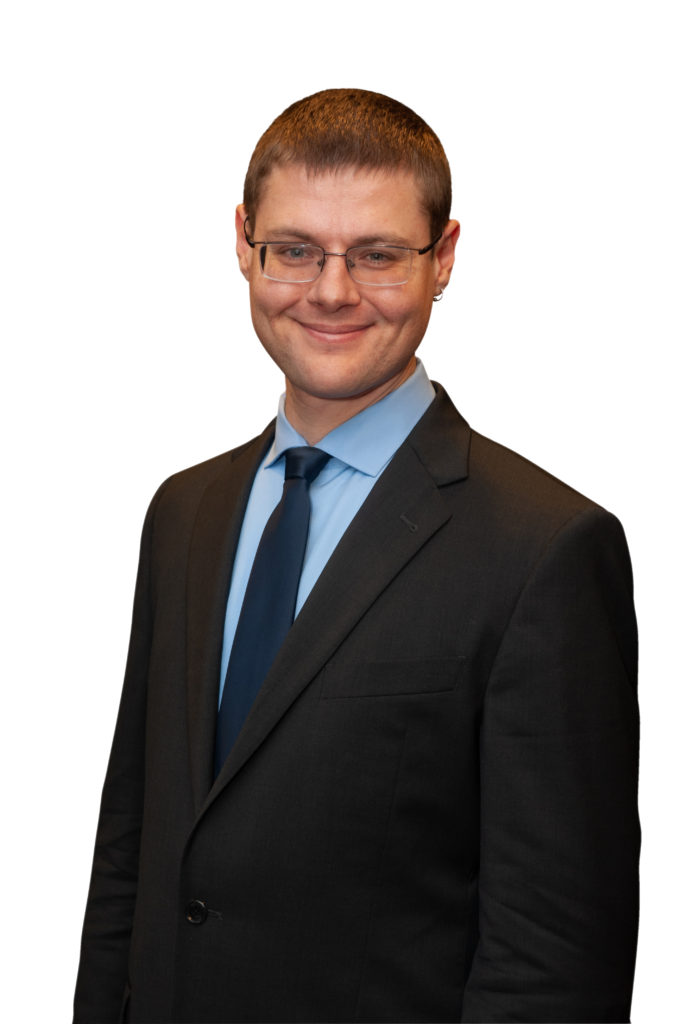
Remote work, once a growing trend, has now solidified its place in the professional world, particularly in the wake of the COVID-19 pandemic. Yet, while many companies have thrived in this new landscape, others struggle to adapt. Job van der Voort, CEO and co-founder of Remote, offers an illuminating perspective on making remote work not only feasible but also highly effective. When I interviewed him, Van der Voort shed light on common pitfalls and best practices, affirming that remote work doesn’t have to be hard.
The Genesis of Remote
Remote, a company enabling businesses to hire, pay, and manage employees globally, was conceived out of a necessity observed by Van der Voort during his tenure at GitLab. GitLab, a fully distributed organization, excelled at finding top talent worldwide. However, it faced significant challenges in managing administrative tasks like payments and benefits for employees in different countries.
“There were a million solutions, and all of them were really expensive, really slow, and … a really poor experience for the individual,” Van der Voort recalls. This inefficiency led Van der Voort and his co-founder Marcelo Lebre to establish Remote in 2019, with the mission to simplify global hiring and management.
Effective Remote Management
Van der Voort advocates for a paradigm shift in management strategies to suit remote environments. The key is to focus on effectiveness and output rather than physical presence. “It starts by having a deep understanding of what you are actually doing as a manager and how you make sure people are successful,” he asserts.
Key strategies include:
- Asynchronous Communication: Avoid the constant need for real-time interactions. Documentation should be accessible, and information should be easy to find, reducing interruptions and promoting autonomy.
- Structured Meetings: Meetings, especially one-on-ones, should focus on personal growth and problem-solving rather than routine updates. This fosters a supportive environment where employees feel valued and understood.
- Building Connections: Establishing emotional connections in a remote setup is crucial. Van der Voort emphasizes the importance of creating a safe and inclusive environment. Remote’s approach includes setting clear communication policies and shared values, allowing for organic relationship building.
Training and Continuous Learning
Some companies are retreating to traditional office setups, citing difficulties with remote work. Van der Voort believes this reluctance stems from a flawed approach to remote management.
“Remote work isn’t working for them because they didn’t take the time” to figure out how to really work well remotely, he notes. Companies often try to replicate office-based strategies in a remote setting, which can lead to inefficiencies and employee dissatisfaction. For example, extensive virtual meetings, a common attempt to mimic office interaction, often result in frustration and decreased productivity.
That’s why training managers to excel in a remote setting is another critical component. Many managers are accustomed to overseeing employees in person and may struggle with the transition. Remote provides continuous training programs to bridge this gap, emphasizing the need for managing by output and fostering a supportive culture.
“A manager’s job is specifically to help you grow and help you succeed,” Van der Voort emphasizes. Regular one-on-one meetings and a community for managers to share experiences and learn from each other are integral parts of Remote’s strategy.
Onboarding and Mentoring
Onboarding and mentoring new employees in a remote environment can be challenging, but Van der Voort believes these processes can be effectively replicated online. Remote ensures that new hires have access to self-serve onboarding materials, comprehensive documentation and initial connections with team members. An onboarding buddy system helps new employees navigate the company culture and operational nuances with ease.
For ongoing mentoring, managers play a pivotal role. They are encouraged to have frequent check-ins with their reports to ensure continuous growth and development.
The Future of Remote Work
Looking ahead, Van der Voort is optimistic about the future of remote work. He believes that the fundamental drivers – the need for great talent and the desire for flexibility among knowledge workers – will continue to propel the adoption of remote work. Advances in technology, including artificial intelligence and virtual reality, will further enhance the remote work experience.
“I think those fundamental forces are not changing,” he states. AI will improve asynchronous work by making information retrieval and summarization easier. Additionally, VR technology will enhance the sense of presence, making virtual interactions more lifelike and engaging.
Van der Voort envisions a future where remote work is the norm, supported by sophisticated tools that bridge the gap between physical and virtual offices. This shift will make remote work more accessible and appealing, benefiting both companies and employees.
Conclusion
Remote work, when approached with the right strategies, can be as effective and fulfilling as traditional office work. Job van der Voort’s insights underscore the importance of adapting management practices, fostering a supportive culture, and leveraging technology to create a seamless remote work environment, and his message aligns with what I stress to my clients who I help navigate the frustrations of figuring out hybrid and remote work. As the world continues to evolve, embracing these principles will enable businesses to thrive in a remote-first future.
Key Take-Away
Remote meetings, especially one-on-ones, should center on personal development and problem-solving, rather than just updates, helping employees feel supported and valued…>Click to tweet
Image credit: Sam Lion/pexels
Dr. Gleb Tsipursky was named “Office Whisperer” by The New York Times for helping leaders overcome frustrations with hybrid work and Generative AI. He serves as the CEO of the future-of-work consultancy Disaster Avoidance Experts. Dr. Gleb wrote seven best-selling books, and his two most recent ones are Returning to the Office and Leading Hybrid and Remote Teams and ChatGPT for Thought Leaders and Content Creators: Unlocking the Potential of Generative AI for Innovative and Effective Content Creation. His cutting-edge thought leadership was featured in over 650 articles and 550 interviews in Harvard Business Review, Inc. Magazine, USA Today, CBS News, Fox News, Time, Business Insider, Fortune, The New York Times, and elsewhere. His writing was translated into Chinese, Spanish, Russian, Polish, Korean, French, Vietnamese, German, and other languages. His expertise comes from over 20 years of consulting, coaching, and speaking and training for Fortune 500 companies from Aflac to Xerox. It also comes from over 15 years in academia as a behavioral scientist, with 8 years as a lecturer at UNC-Chapel Hill and 7 years as a professor at Ohio State. A proud Ukrainian American, Dr. Gleb lives in Columbus, Ohio.














